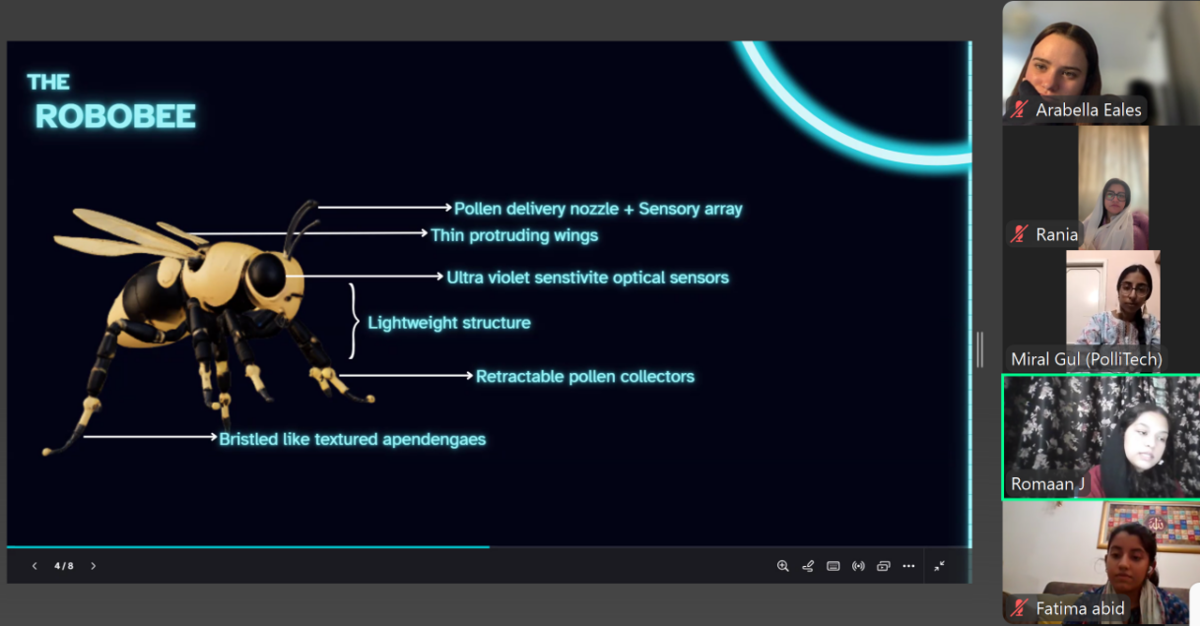OfS addresses Harassment & Sexual Misconduct in Universities & Colleges

The Office for Students (OfS) will bring in new requirements for universities to protect students from harassment and sexual misconduct, as a survey published today finds that 20 per cent of students have experienced unwanted sexual behaviour.
Today’s announcement of a new condition of registration will see universities and colleges setting out how they will continue to tackle harassment and sexual misconduct that affects their students.
The OfS is asking universities and colleges to publish comprehensive information to explain to students how their institution is preventing harassment and sexual misconduct, how incidents that do happen can be reported, and what students should expect – and how they will be supported – during any subsequent investigation.
Staff and students will receive training, including to improve understanding of what constitutes harassment and sexual misconduct. Universities and colleges will no longer be able to use non-disclosure agreements in cases of harassment or sexual misconduct. Institutions are also being asked to take steps to prevent an abuse of power in personal relationships between staff and students.
The condition is being introduced following extensive consultation and will build on work already being done across the sector to protect students from harm.
Today’s announcement is published alongside data from a pilot survey which aimed to better understand the extent of sexual misconduct in the higher education sector in England and to learn more about the context in which incidents occur. The findings from the pilot survey have informed the decisions the OfS has taken on these issues.
Key findings of the survey include:
- Women were more than twice as likely to experience sexual harassment than men (27 per cent compared to 12 per cent), and over three times more likely to experience sexual assault or violence than men (13 per cent compared to four per cent).
- Twelve per cent of students who experienced sexual harassment in the last year made a formal report to their university. Of those who did make a report: 32 percent said their experience of reporting was good and 43 per cent said it was poor.
- Ninety per cent of students who experienced sexual assault or violence in the last year did not report the incident to the police.
Commenting, Susan Lapworth, chief executive at the OfS, said:
“Students have told us clearly that they want to see more active regulation to tackle harassment and sexual misconduct in higher education. We’ve heard them, and our new regulation will help ensure they are better protected and better able to succeed on their courses.
“Universities and colleges are increasingly alive to these issues and the serious impact they can have on students, particularly women. Some institutions already ban inappropriate relationships between staff and students – and we expect many more will now follow.
“Our new condition of registration builds on work by Universities UK and individual universities and provides impetus for further improvement in practice right across the sector. The evidence from our survey will give institutions better evidence as they continue this important work.
“More regulation is rarely popular with those subject to it. But we are clear that the action we’re taking today is targeted on an important issue that matters very much to students. We are pleased to be able to regulate in their interests.”
Education Secretary and Minister for Women and Equalities Bridget Phillipson said:
“The findings in this report and the levels of harassment uncovered, including the disproportionate impact on women on our campuses, are appalling.
“We must clamp down on sexual harassment in every part of our society and everyone at our universities should feel protected and able to focus on their learning and broadening their horizons.
“Last week, I announced a refocussed role for the Office for Students to ensure it can concentrate on standing up for students. The ban on non-disclosure agreements will ensure victims do not suffer in silence, and I will continue to work tirelessly as Education Secretary and Women & Equalities Minister to ensure that our universities are safe environments for all.”
Sector Reaction
UCU general secretary Jo Grady said:
“Sexual violence against students and staff has been allowed to become rife on campus, and action from the OfS to push universities and colleges to properly tackle this issue is long overdue.
“We are also pleased that our calls for universities and colleges to be prevented from using non-disclosure agreements in sexual harassment cases have been heeded.
“Staff on casualised contracts are often held back from speaking up for fear of losing their jobs or not having their short-term contracts renewed. These power imbalances belong in the past and universities and colleges must finally recognise that casualisation can allow sexual violence to more easily continue and that they must take action to bring staff onto secure contracts.”
Saranya Thambirajah, NUS Vice President Liberation and Equality, said:
“We are really pleased and relieved that OfS has listened to students, and is taking seriously that 20% of students, primarily women, still experience unwanted sexual behaviour and are creating guidance for how universities and colleges can tackle this systemic problem. We particularly welcome the Ofs’ mandatethat universities will no longer be able to use non-disclosure agreements in cases of harassment and sexual misconduct.”
“This is an incredible win for NUS, and is down to the tireless work of NUS Women’s Campaign,feminist societies and women’s officers from students’ unions acrossthe country, who have been campaigning to tackle sexual violence for almost 15 years. Together we made sexual harassment and violence a priority across higher educationand the government has heard us loud and clear.
“However, we must remember why this is so crucial – and the reason is bleak. No one should experience harassment at college or university, 1 in 5 is 1 too many. Further, 90% of students who experienced sexual violence in the last year did not report the incident to the police, which is why we must be able to rely on our institutions to handle cases justly and with care. We hope that this new condition and guidance will empower all institutions to do so.”
“Culture change takes time, and we are by no means at the end of the road with this journey, but today is evidence of our hard work thus far paying off, and we will continue to fight for a future where campuses are free of sexual violence.”












Responses